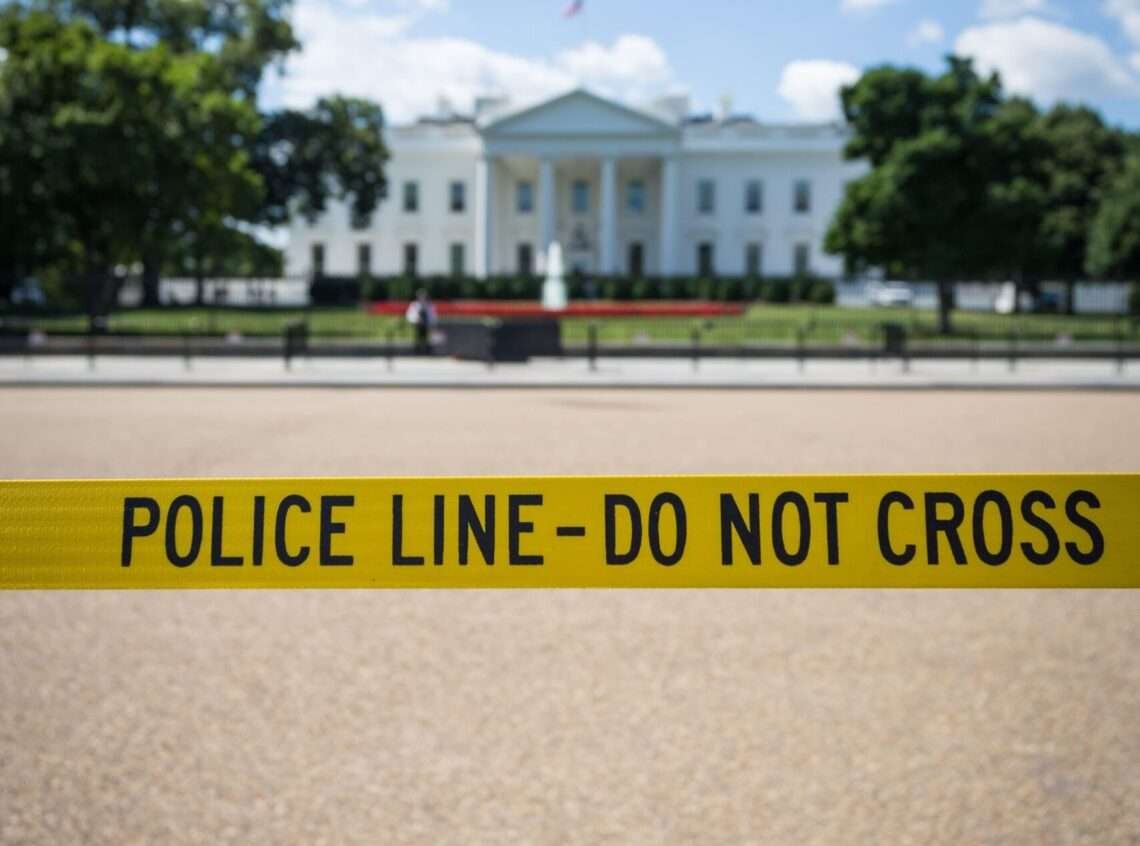
South African Police Clearance Certificate – Applying from abroad
Before starting the application process, it is important to make sure that you know the difference between a Criminal Background Check (CBC) and a South African Police Clearance Certificate (PCC), as well as the difference between Apostille and Authenticate.
The difference between a Criminal Record Check and a Police Clearance Certificate
Criminal Record Check
A Criminal Record Check is done through an automated Fingerprint Identification Service (AFIS) at a local police station. This report can be used for local Pre-Employment and other councils such as the South African Council for Educators (SACE). The processing time for a criminal record check takes approximately 24-48 hours. Please note that a Criminal Record check is not a “Police Clearance Certificate” and is NOT accepted by embassies/consulates for immigration purposes or working abroad.
Police Clearance Certificate
Proccessing of a Police Clearance Certificate happens at the Criminal Records Centre (CRC) in Pretoria. The CRC is not able to legalize the certificate, so to get the certificate legalized, it needs to be sent to the correct legalization authority, in this case DIRCO. This process takes much longer than the Criminal Record Check and applicants should expect a time frame of anything from 6 – 12 weeks for notarization.
The difference between an Apostille and Authentification
Both these legalization terminologies allow documents issued in one country to be accepted as official documents in another country.
- An apostille is for documents to be used in countries that participate in the 1961 Hague Convention Treaty. Visit www.hcch.net for further information on signatory countries.
- Authentication certificates are for documents to be used in countries that do not participate in the 1961 Hague Convention Treaty.
APPLY FOR A POLICE CLEARANCE CERTIFICATE
Although it seems a daunting task, applying for a South African Police Clearance Certificate (PCC) from abroad is not as difficult as you might think! Follow the guided steps below to apply now.
1. Application form
1.1] Download and complete the application form from the link at the official site here.
2. Fingerprints
2.1] Finger print form
Download and print the official South African Police fingerprint form (Form 91(a)).
The following form is translated specifically for South Korea but you need to make sure that you obtain the form with translation for the relevant country you are applying from if required.
2.2] Obtain a set of fingerprints at your local police station. Remember to take your ID / passport along with you as proof of identity.
3. Pay the application fee
3.1] Pay the application fee of R160 to the South African bank details listed at the official site here.
4. Send all your documents to the Criminal Record and Crime Scene Management Division of the South African Police Service.
The address where you should send your documents is found at the official site here.
Documents to include: Application form, receipt of payment, fingerprint form, copy of passport / ID. Always check the official website though in case any documents have changed since this post.
If forwarded from abroad, the application may be forwarded via any reputable courier company. In my case, I used DHL as they were fast and reliable.
NOTE: A South African Police Clearance Check is valid for 6 months from the date of issue BEFORE you send it for legalization. The processed Police Clearance Check needs to be collected within 3 monhts of being processed ohterwise it will be discarded.
LEGALIZATION (Apostille or Authentication)
NOTE: As stated at the top of this post, Documents need to either be Authenticated (for non-Hague Convention countries) or Apostilled (for counrties that are signatory to the Hague Convention) in order to be used abroad as a legal document in another country. Please visit www.hcch.net for further informaiton of signatory countries.
The original Police Clearance Certifcate must then be sumitted to the Department of International Relations and Cooperation (DIRCO) – legalization Section in Pretoria for legalization purposes (Apostille or Authentication). It will save you time and money to submit the original Police Clearance Certificate to DIRCO before it is returned to you (the applicant). Refer to http://www.dirco.gov.za/consular/legalisation.htm for further information regarding legalisation (authentication) of official documentation.
Police Clearance Certificates older than 6 months from date of issue will not be accepted for legalization purposes. If the Police Clearance Certificate is older than 6 months, you will need to contact SAPS – Criminal Record and Crime Scene Management to re-issue. If it is within the 6 month period, you only need to pay a small fee for a re-issue.
If you do need the police clearance check legalized and are unable to do it yourself, then you may need to pre-arrange this with a courier company of your choice. This arrangement is only for registered courier companies, and all documentation must be secured in proper courier packaging and contain an airwaybill for track and trace purposes. If courier companies does not follow this protocol, then the parcel will not be accepted at the Legalisation Section. I found Postnet to be a fast and reliable courier that I highly recommend.
Use of a courier company
Ensure that a cover letter is included within the package. Attached below is the cover letter template downloaded from DIRCO’s website. It needs to contain information about the country of destination and your contact details, especially an e-mail address, in order to contact you once the process has been completed. The reason the country is required is that the department needs to determine whehter your document needs to be authenticated (for non-Hague convention countries) or Apostilled (for countries that are signatory to the Hague Convention).
How do you know when your document is ready?
Your documentation will be processed and you will receive an e-mail notification from the Legalisation Section once the process has been completed. You can then decide to either collect personally or send the courier company to collect on your behalf (Either way, collection is strictly by an appointment basis only.)



